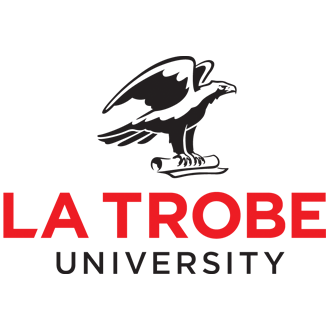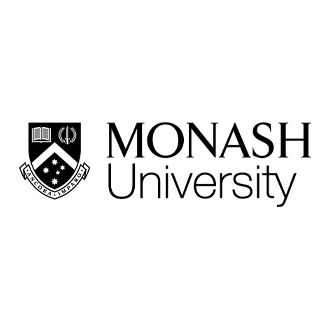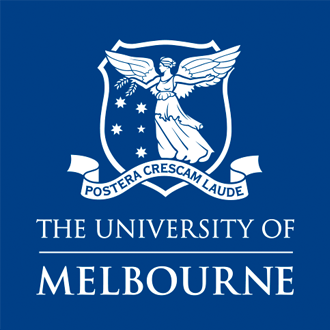The Baker Institute has formalised relationships with various universities which provide a platform for collaborative research and joint initiatives.
-
Baker-Deakin Department of Lifestyle and Diabetes
The Institute of Physical Activity and Nutrition at Deakin University is home to our Department of Lifestyle and Diabetes. This collaborative venture brings together researchers with a focus on public health research and physical activity in the context of diabetes.
More info -
Baker Department of Cardiovascular Research, Translation and Implementation
The Baker Department of Cardiovascular Research, Translation and Implementation is an exciting partnership which highlights the translation of discovery science into health practice. The department has co-appointed research staff, and researchers that hold adjunct appointments at La Trobe University, School of Agriculture and Biological Life Sciences.
More info -
Monash University
The Baker Institute has a strong collaboration with Monash University, with researchers holding adjunct appointments with the Clinical School and School of Public Health on the precinct, in addition to departments located at the Clayton campus. Research focuses on discovery, clinical and population health related to cardiovascular and diabetes.
More info -
Baker Department of Cardiometabolic Health
The Baker Department of Cardiometabolic Health is a collaborative initiative within the Melbourne Medical School leveraging strengths in cardiometabolic capabilities and translation. Research and innovation applied to improve the lives of people with, or at risk of, cardiovascular disease (CVD), obesity and diabetes.
More info





